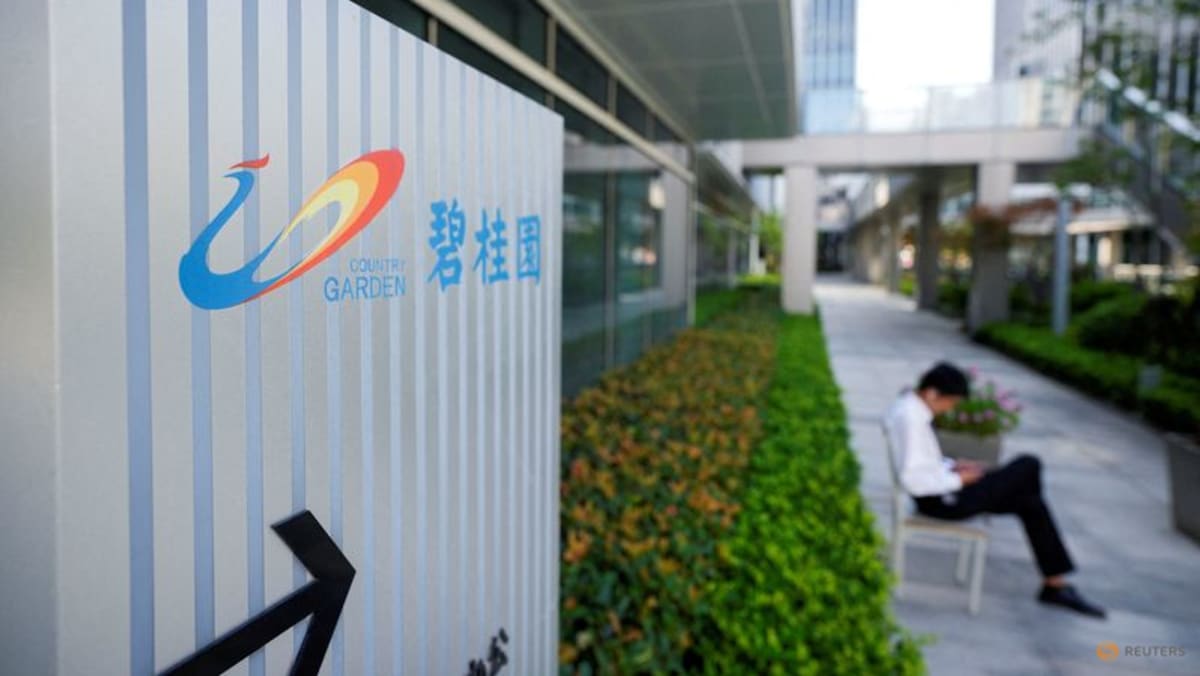
How bad can it get?
Experts said that news of yet another top developer teetering on the brink of a default will be a further blow to market confidence and may exacerbate the downturn in China’s property sector.
“Default risk concerns will severely weigh on home buyers’ confidence that, in turn, affect sales. This cycle will worsen the liquidity situation of distressed Chinese developers,” said Coface’s chief economist for Asia-Pacific Bernard Aw.
While the risk of a default by Country Garden is “rising especially amid weak sales”, Mr Aw reckoned that the contagion impact would be smaller than Evergrande’s partly due to the size of liabilities.
Country Garden’s total liabilities of 1.4 trillion yuan are only 59 per cent as big as those at Evergrande.
The property sector has also “gone through a wrenching adjustment” and its problems are now widely known versus before, noted Mr Evans-Pritchard.
“So, the impact of Country Garden’s woes is unlikely to be as severe as the fallout from Evergrande’s default two years ago,” he said.
That said, there are concerns about whether the sector’s worsening woes will hurt the broader Chinese economy, whose post-pandemic bounce is quickly fizzling out.
“Although the direct fallout from Country Garden is likely to be more modest than Evergrande, it comes at a more inopportune time when the wider economy is much weaker and the balance sheets of corporates and financial institutions are in worse shape,” said Mr Evans-Pritchard.
“As such, a hit to growth that would normally be manageable risks tipping the economy into a vicious cycle between falling output, deleveraging and deflation.”
Mr Chen Jingwei, chief investment strategist of Wrise Wealth Management Singapore, said: “A slowdown in (China’s property) sector could impact overall growth and significantly affect the adjacent construction industry.
“Other sectors like finance, manufacturing, and local governments – which often rely on land sales to finance public projects – may also experience repercussions.”
Already, there are signs of troubles emerging elsewhere.
Chinese trust firm Zhongrong International Trust, which has sizable real estate exposure, missed payments on dozens of investment products since the end of July. The firm’s second-biggest shareholder Zhongzhi Enterprise Group has said it is facing a liquidity crisis and will restructure debt.
“That’s something that will weigh further on sentiment and will keep (economic) activity pretty depressed in the near term,” said Mr Evans-Pritchard.

